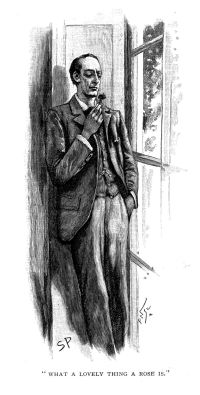More Foreseeability
May 2, 2023 The plaintiff in Engler v. Ritz-Carlton sued a well-known Dallas hotel for, inter alia, premises liability, alleging that it should have done more to prevent an unfortunate burglary that occurred on the eve of a wedding.
The plaintiff in Engler v. Ritz-Carlton sued a well-known Dallas hotel for, inter alia, premises liability, alleging that it should have done more to prevent an unfortunate burglary that occurred on the eve of a wedding.
The Fifth Court noted that “a premises owner owes a duty of care to protect invitees from third-party criminal acts if the owner knows or has reason to know of an unreasonable and foreseeable risk of harm to invitees,” and that such knowledge can be proven “through evidence of specific crimes on or near the premises.” But the plaintiff’s evidence lacked the necessary information about recency, frequency, and similarity to be probative:
[I]t covers a three-year time period, and it does not specify when during that period the other crimes occurred. It also does not prove the frequency of the other crimes because the paragraph actually describes the number of police calls for “alleged and/or actual” crimes, not the number of actual crimes that occurred. That is, the paragraph leaves us to speculate how many of the police calls involved actual crimes as opposed to false or mistaken reports. Finally, the paragraph does not give any details about the police calls arising from alleged “thefts and/or burglaries” to show that those incidents were similar to the incident made the basis of this suit. The umbrella terms “theft” and “burglary” could involve crimes (such as pickpocketing, vehicle break-ins, and thefts by hotel guests or employees) quite dissimilar from the room burglary involved in this case.”
No. 05-22-00067-CV (April 28, 2023) (mem. op.).